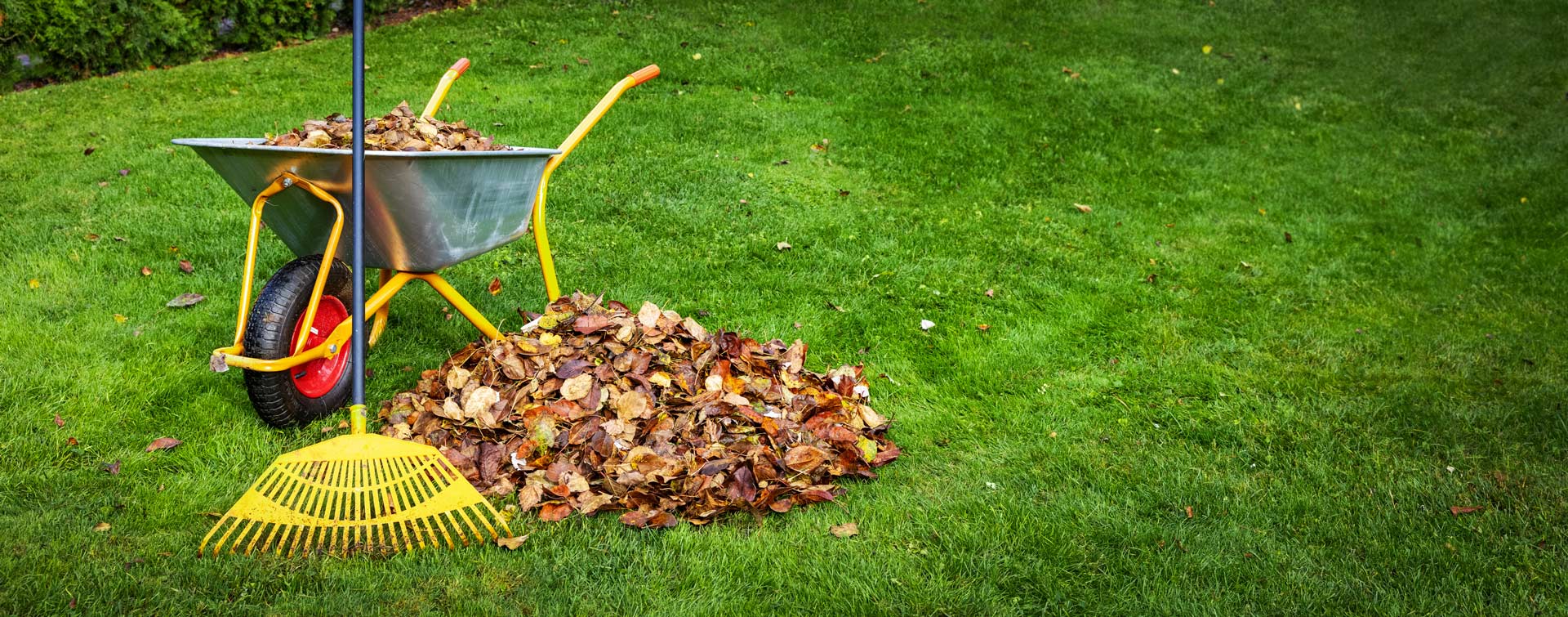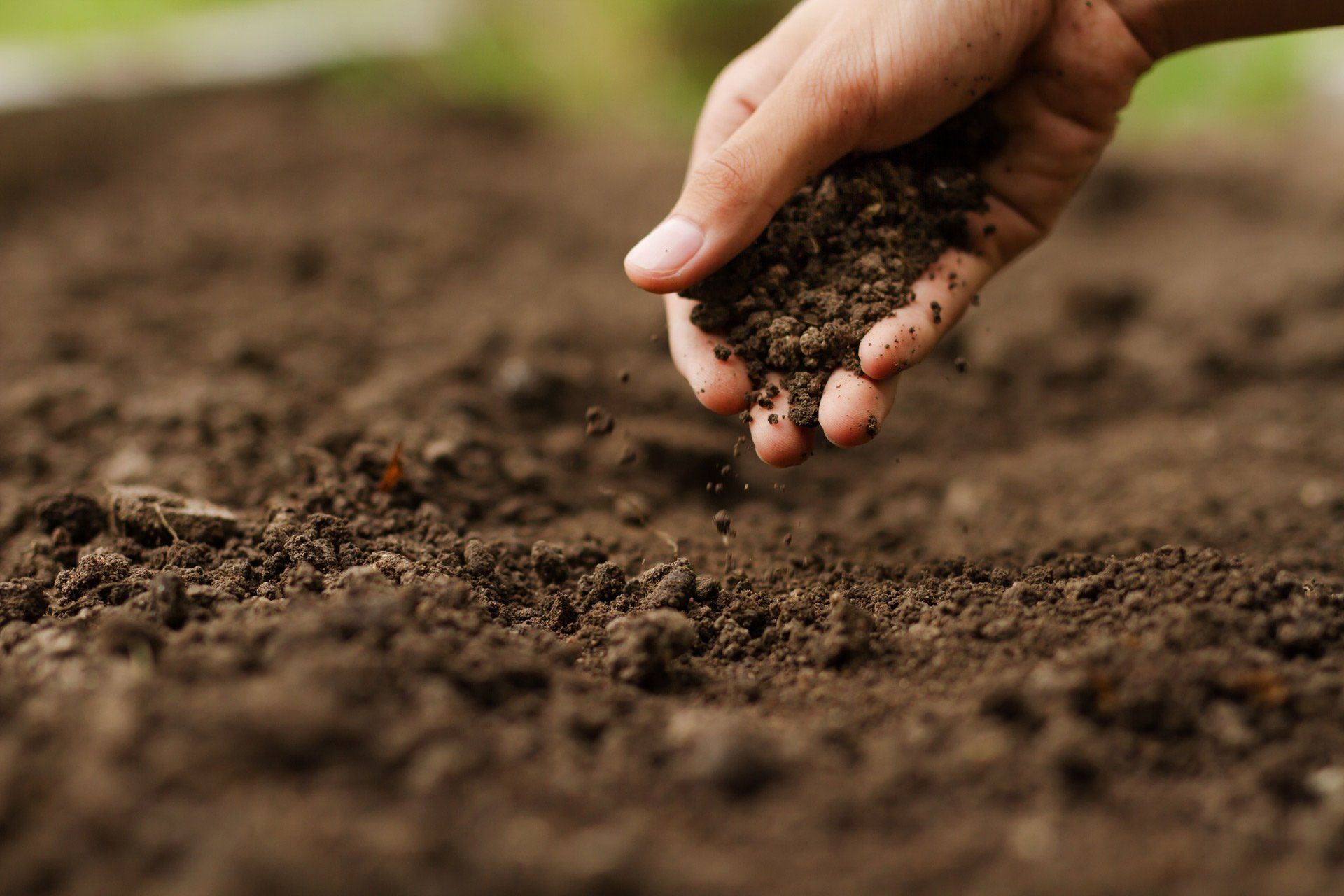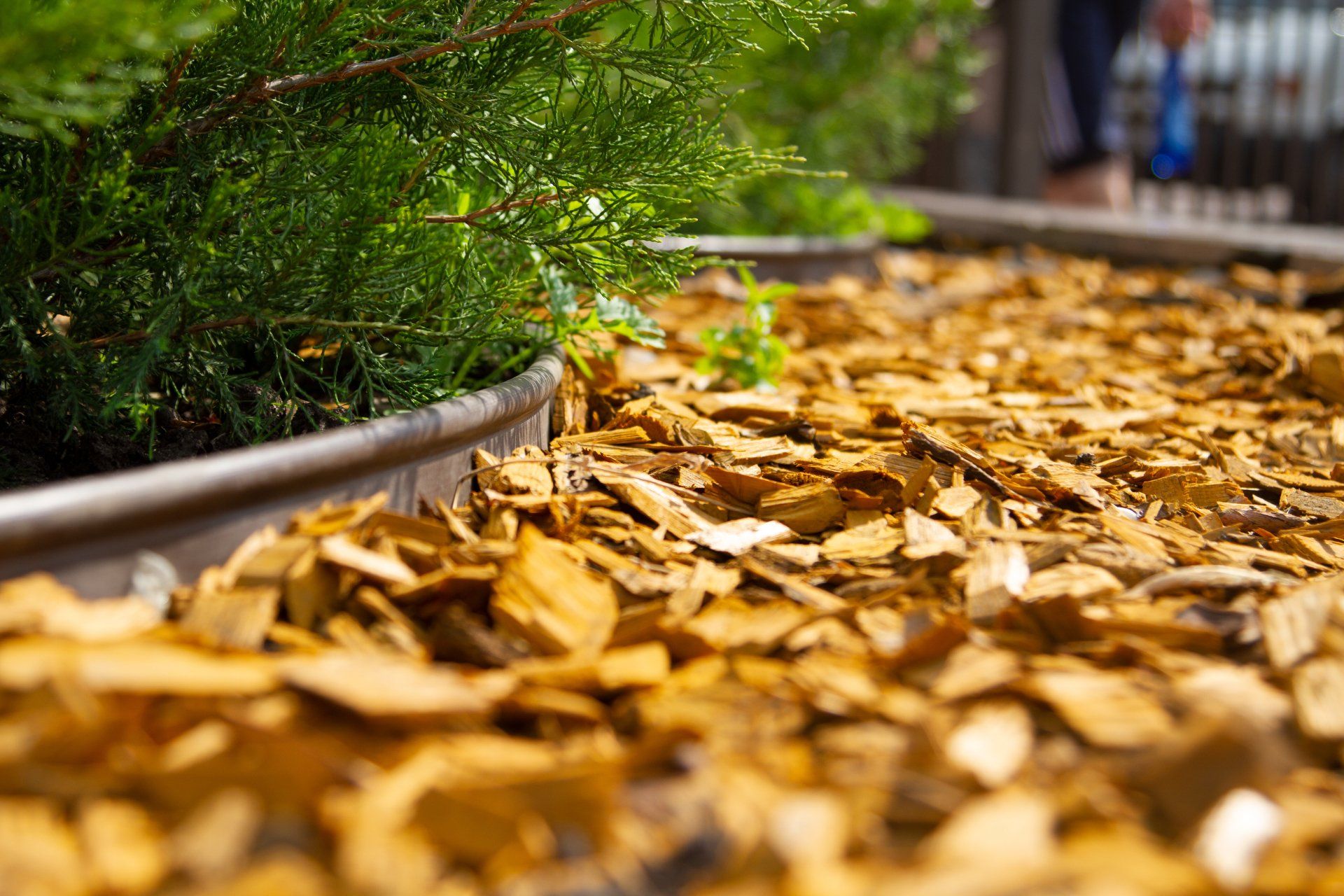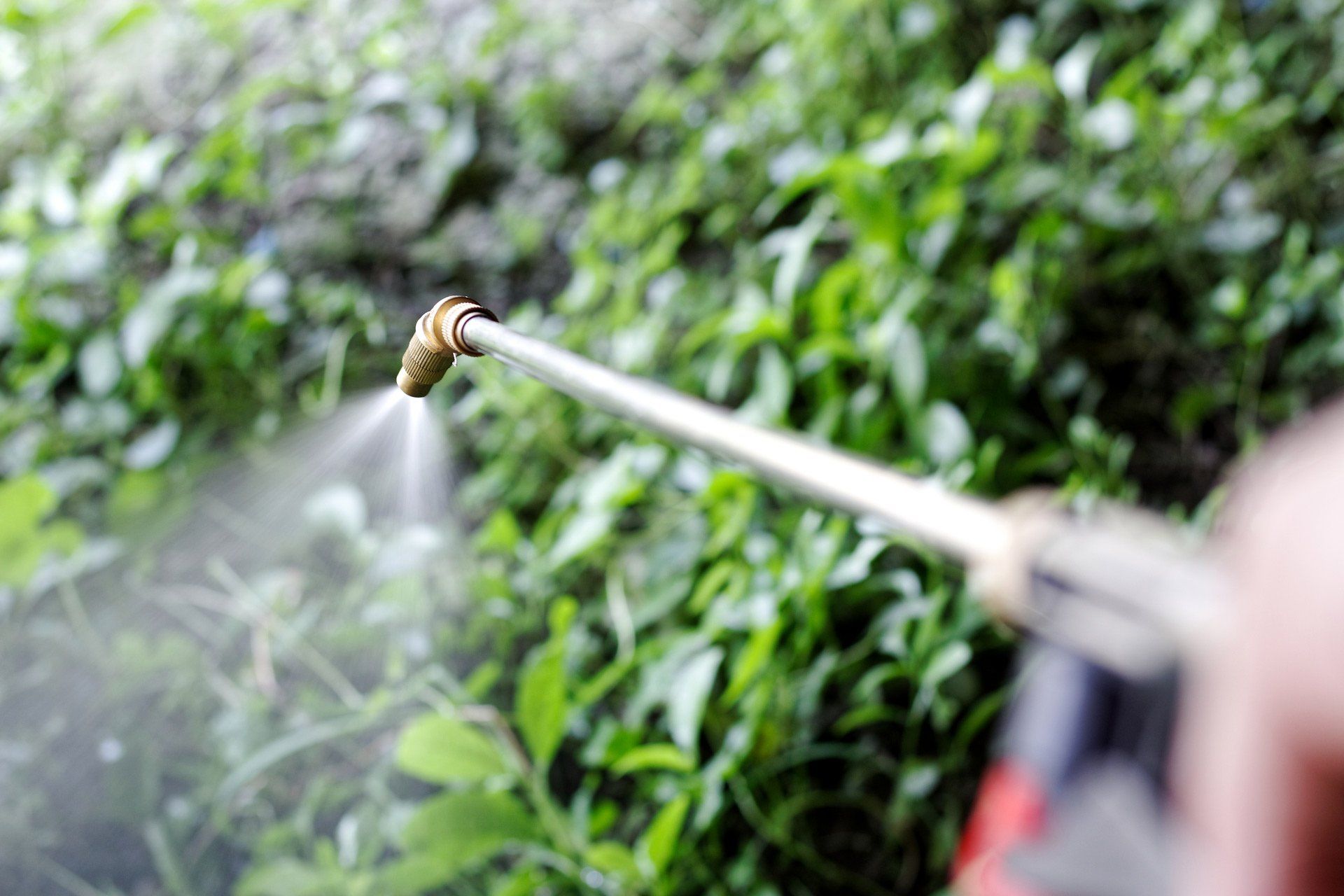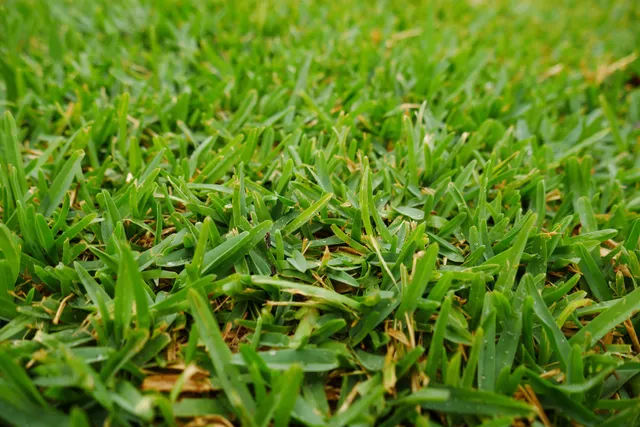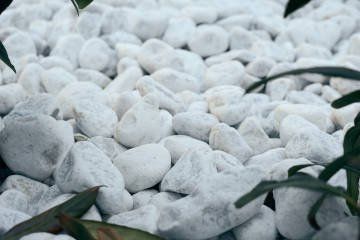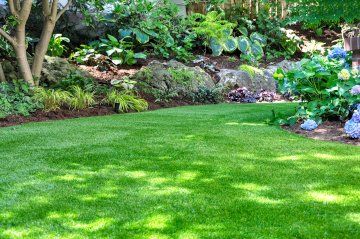THE ULTIMATE GUIDE TO GETTING ‘GARDEN-READY’ THIS SPRING
As the cold winter months begin to ebb, and we increasingly turn to the outdoors for sunshine and activity, our gardens and outdoor spaces begin demanding more attention again. It can be a daunting task deciding where to begin and what to do to get your garden back in tiptop shape. Waratah’s friendly landscaping and garden professionals are here to help, so we created this guide to getting garden-ready to keep you informed and on track.
STEP ONE: THE DREADED SPRING CLEAN!
Before you get underway with your new gardening ideas, you’ll need a thorough clean to remove all the winter debris and unwanted growth. Fallen leaves and small branches can make for an unsightly mess and can be hazardous in the heat.
Be sure to remove any weeds from the roots, so they won’t grow back during the warmer months. Removing dead weeds is easier than living ones, so be sure to pick up a good weed killer to help get this underway.
But the clean-up doesn’t end with the vegetation. If you have any pavers or retaining wall blocks, give them a pressure-wash to remove mould and grime. After a good wash down and dry, sweep up as much dust and dirt as possible.
City skyline
ButtonSTEP TWO: GARDEN HEALTH CHECK
Once your spring clean-up is complete and you’ve had a chance to take a good look around, Waratah recommends a full ‘health check’ of your soils, mulches, plant life, lawns, and hardscapes to determine what needs attention, revitalisation, rehydration, or general maintenance. Having a systematic approach helps to save time and energy, so you can get down to the job of enjoying your outdoor spaces sooner!
STEP THREE: ADDITIONS & IMPROVEMENTS
Spring is the perfect time to begin planting new plants. Before you start, ensure you have prepared your soil as mentioned above.
Once you’ve planted your new plants, add a compost or manure to ensure they have nutrients to grow. Make sure the soil is watered regularly, and cover your new garden with a good layer of mulch to retain the moisture.
Some recommendations for good spring plants include Azaleas, Grevilleas and Callistemon, Bougainvillea, Jasmine (our favourite!), Lavender, Daisies, Petunias, Marigolds, and Geraniums.
Paving and retaining wall builds are also better done in spring, as you’re less likely to get interrupted by rain. But before you do build up your garden beds with sleepers or blocks, make sure you know your drainage requirements. Without proper drainage, new pavers and retaining walls can quickly sustain water damage or disrupt the drainage of the soils around them.
Waratah Supplies has all your drainage requirements including Agline, Blue Metal Aggregate and more. Take a gander at our aggregate material range here.
STEP FOUR: MAINTENANCE & PROTECTION
It’s always important to keep an eye out for unwanted pests in your garden. As the weather warms up, bugs and other pests become much more active, particularly around fruit and veggie patches. While there’s no guarantee that you won’t have some minor pest problems, there are a few things you can do to reduce the likelihood of a major infestation.
If your plants are strong and healthy, they will be better equipped to survive a few bugs. Adding rich compost to the soil, fertilising occasionally, and mulching regularly is the key to fantastic plant growth and health. Spacing your plants out and giving them plenty of room to grow also helps minimise the spread of bugs and any resulting plant damage and loss.
If you have any questions or would like to speak to one of our Waratah experts about your garden this spring, just call us or book a free consultation here.
